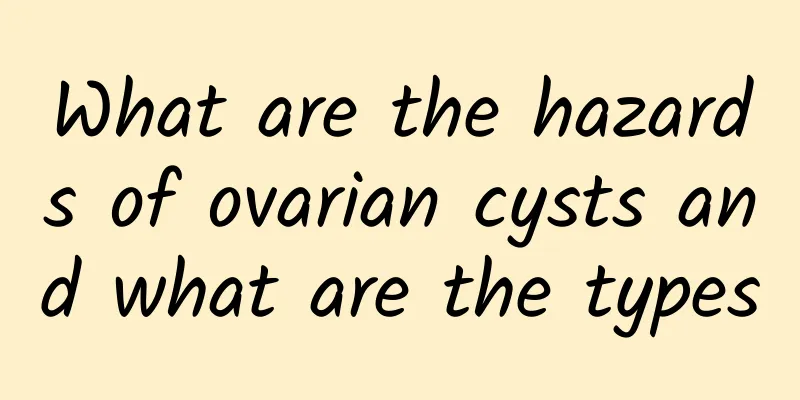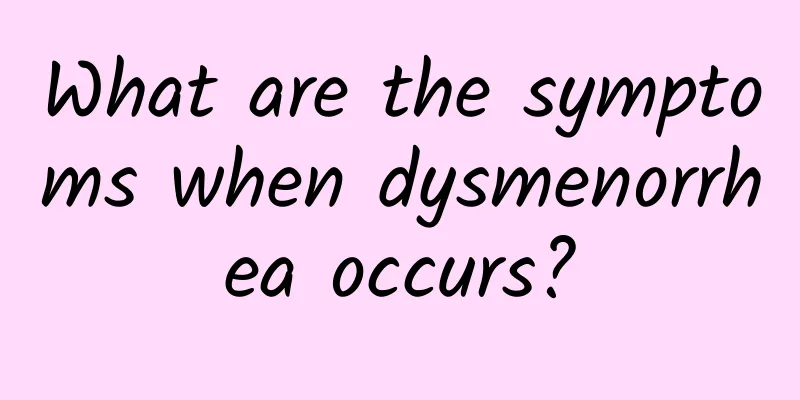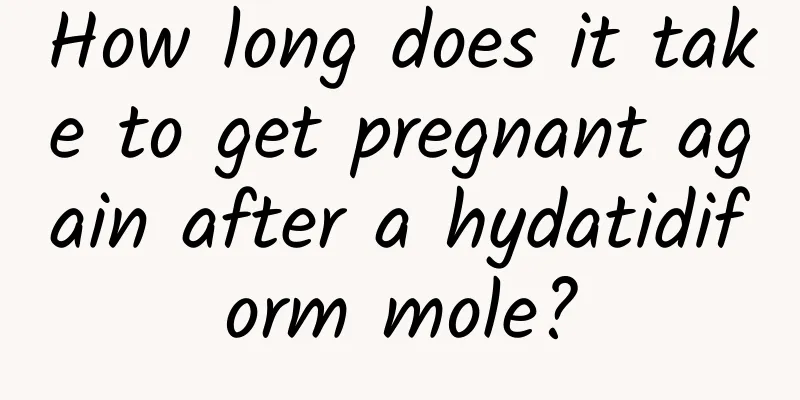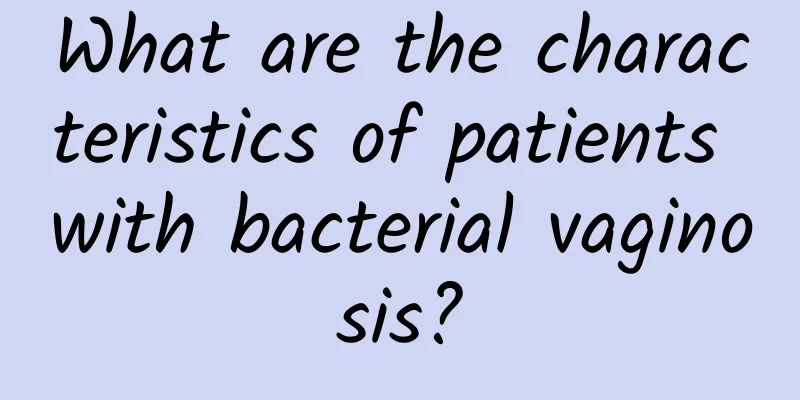What are the hazards of ovarian cysts and what are the types

|
What are the dangers of ovarian cysts? What are the types? 1. Leading to infertility. Once the ovarian cyst becomes larger or degenerates, it is possible that sperm, eggs or fertilized eggs cannot work normally, thus affecting fertility and leading to infertility. The ovaries are where the eggs develop, mature and are discharged. The follicles are at different stages of the ovarian cortex. If the ovaries are damaged, the development, maturation and discharge of the eggs are impaired, which will lead to infertility. 2. Causes edema, affecting life. In addition to loss of appetite, weight loss and local swelling, patients with ovarian cysts may also suffer from vomiting, fever and abdominal pain; in the later stages, it may even lead to edema in the abdomen and limbs. 3. Canceration threatens life. The increase of ovarian cysts can easily lead to infection, distortion, bleeding or rupture, which can threaten the patient's life. Some tumor cysts can even become cancerous. Different types: 1. Endometritis cysts This type of cyst contains coagulated blood clots and is chocolate-colored, so it is commonly known as chocolate cysts. This type of cyst is more common in patients with endometriosis and is considered a serious case. Over time, the cyst will cause abdominal pain and cramps during menstruation and abdominal pain during intercourse. Once appendicitis, i.e., an ulcer in the cecum, bursts, surgery must be performed quickly. Cases of endometritis cyst cancer are very rare. 2. Functional cysts This type of cyst is common in women of reproductive age. Ovarian follicles cannot mature and transform into cysts, but this type of cyst usually disappears when menstruation comes. It is very important to have it during or just after menstruation. Women in menopause or after menopause will not have functional cysts. 3. Mucous cyst: This type of cyst contains sticky fluid and may also become cancerous. 4. Dermoid cysts are usually benign. They often contain fatty fluid, such as hair, teeth, and bones. They are usually small and have no symptoms. But if the cyst becomes larger, it may cause complications. 5. Serous cyst: This type of cyst contains pus and may become cancerous. |
<<: What is the reason for endometrial shedding during non-menstrual period?
>>: Is microtubule painless abortion good?
Recommend
What are the symptoms of uterine cysts?
The symptoms of uterine cysts vary depending on s...
How to check corpus luteum function? See what the doctor says
The method for checking corpus luteum function is...
How to drain pelvic fluid?
After the onset of pelvic effusion, it is often a...
How to improve the thickness of the endometrium?
In life, some women have endometrial thickening, ...
How to treat subserosal uterine fibroids? What are the traditional Chinese medicine treatments for subserosal uterine fibroids?
Uterine fibroids are one of the common gynecologi...
Young people should pay attention to their health and prevent irregular menstruation
As society progresses, many young people do not p...
The reasons why women's third-degree cervical erosion cannot be ignored
Cervical erosion is a very scary disease for wome...
Shrimp instead of eggs 7 kinds of weight loss food change
Tired of healthy weight-loss foods like eggs, app...
What medicine to take to treat Trichomonas vaginitis
Trichomonas vaginitis can be treated with traditi...
How to treat female cervical erosion of degree 2? Treatment of female cervical erosion of degree 2
The second degree treatment of cervical erosion c...
Which hospital is good for treating cervical warts?
As the number of patients suffering from cervical...
Yang Yizhan exercises without limits and shows off his muscles by skipping rope
Yang Yizhan, the warm-hearted urban man with a he...
The dangers of repeated episodes of acute pelvic inflammatory disease
If acute pelvic inflammatory disease is not cured...
How much does it cost to treat vulvar itching?
If female friends are unfortunately attacked by v...
What causes uterine fibroid pain? What are the symptoms of uterine fibroid pain?
What causes uterine fibroid pain? Uterine fibroid...









